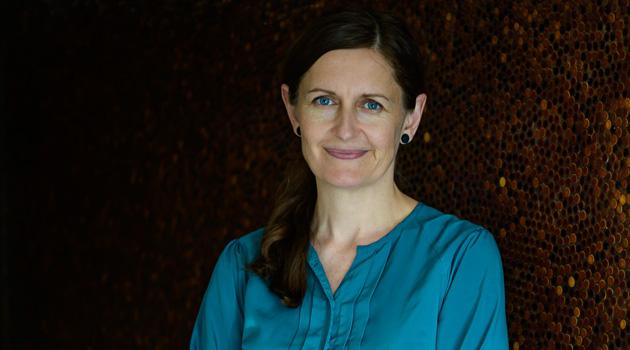Czech Govt Human Rights Commissioner: Release of the Vítkov arsonists is disproportionate, we need systemic change to protect crime victims' rights

According to Czech Government Human Rights Commissioner Klára Laurenčíková, today's court decision to release two of the Vítkov arsonists seven years early is disproportionate. Laurenčíková considers it exceptionally insensitive that the victimized family learned of the perpetrators' release from the media.
The court has conditionally released two of the men sentenced to 20 years in prison for multiple counts of racially-motivated, attempted murder when they burned down the home of a Romani family, the Siváks, in April 2009. This exceptionally grave case caused serious repercussions for the entire Romani community, but especially affected the Siváks’ two-year-old daughter, who will be struggling with the consequences for the rest of her life.
Despite that fact, both perpetrators will be conditionally released after serving two-thirds of their sentences. The decision sparked great bitterness and emphasizes the need for systemic changes in the protection of crime victims’ rights.
“Given the gravity of this crime, conditional release seven years early is disproportionate, although the final decision naturally rests with the courts. The release of the perpetrators would be a difficult moment for the Sivák family even if they had served the full 20 years, to say nothing of shortening their sentences by seven years,” Laurenčíková said.
“I consider it exceptionally insensitive that the family learned of the perpetrators’ release from the media. I want more information about whether the injured parties’ interests were sufficiently taken into account and whether the prosecutor plans to appeal this decision on conditional release,” she said.
Laurenčíková stressed the need for greater protection of crime victims’ rights. Her opinion is that an injured party should be entitled by law to participate in proceedings on conditional release so that such serious decisions do not come as a surprise.
“It is not correct for victims to learn of decisions with such serious consequences for them from the media. At the same time, the court should be prepared to take the wishes and interests of the injured parties into account. Victims or secondary victims (other persons who are essentially injured) of especially grave crimes should be entitled to longterm psychological aid paid for by the state. The question of the proper, just financial compensation of the victims is also important,” she said.